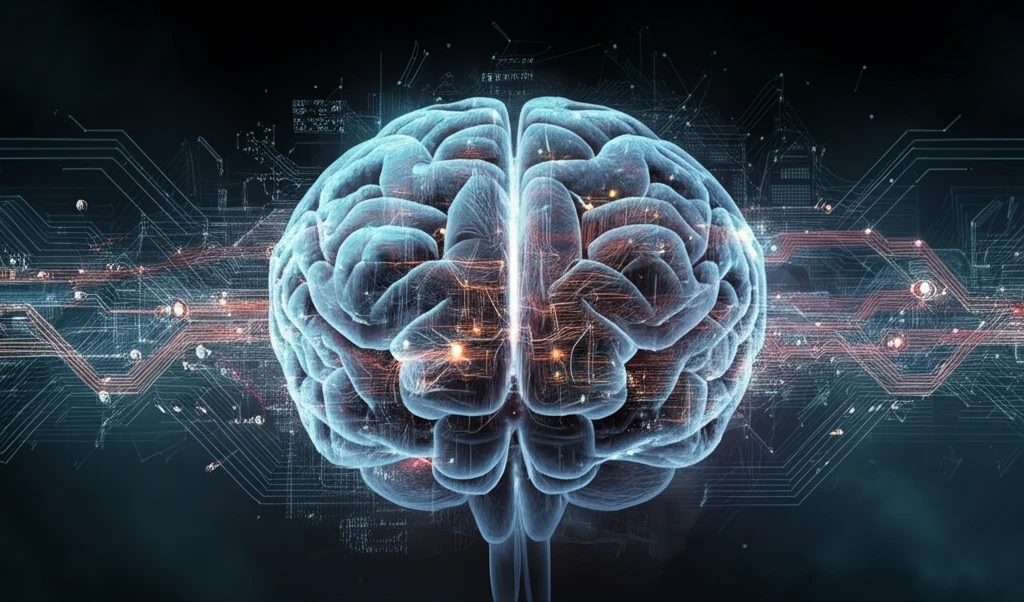
ADHD and Depression: Untangling the Link for Better Mental Health
"Exploring the complex relationship between ADHD, bipolar disorder, and depression in adults to pave the way for more effective diagnosis and treatment strategies."
Attention-Deficit/Hyperactivity Disorder (ADHD) isn't just a childhood challenge; it significantly impacts adults, often intertwining with mood disorders like depression and bipolar disorder. This complex relationship can make diagnosis tricky and treatment even more challenging. Recent research sheds light on how these conditions interact, offering hope for more targeted and effective interventions.
A study published in the Journal of Affective Disorders delved into this intricate connection, examining data from the BRIDGE-II-Mix study. Researchers aimed to understand how ADHD influences the presentation of depression, particularly concerning mixed features—those murky areas where depressive and manic symptoms overlap. The findings highlight the importance of recognizing ADHD as a key factor in the landscape of adult mental health.
Understanding this interplay is crucial, especially given that many adults with ADHD may not even be aware they have it. Recognizing the symptoms and seeking appropriate support can dramatically improve their quality of life. Let’s explore the key insights from this research and what they mean for managing ADHD and co-occurring mood disorders.
What's the Connection Between ADHD, Bipolarity, and Depression?

The study, led by G. Vannucchi and colleagues, analyzed data from 2,777 patients with major depressive episodes. The researchers compared those with and without comorbid ADHD to identify differences in socio-demographic, familial, and clinical characteristics. What they found underscores the need for a more nuanced approach to diagnosing and treating mood disorders in adults.
- Prevalence: About 2.2% of the patients with major depressive disorder also met the criteria for ADHD.
- Mixed Features: Patients with ADHD and depression were more likely to exhibit mixed features during depressive episodes. This means they experienced symptoms of both depression and mania (or hypomania).
- Bipolarity: ADHD was associated with a higher likelihood of personal and familial history of bipolar disorder.
- Course of Illness: Individuals with ADHD and depression tended to have an earlier onset of mood symptoms, more depressive episodes, and a higher rate of antidepressant-induced (hypo)manic switches.
- Comorbidities: Psychiatric comorbidities such as eating disorders, anxiety disorders, and borderline personality disorder were more common in the ADHD group.
What Does This Mean for You?
If you're an adult struggling with depression, it's worth considering whether you might also have ADHD. Talk to your doctor or a mental health professional about getting screened. Recognizing and addressing comorbid ADHD can lead to more effective treatment strategies and improved mental well-being. Remember, you're not alone, and effective help is available.
